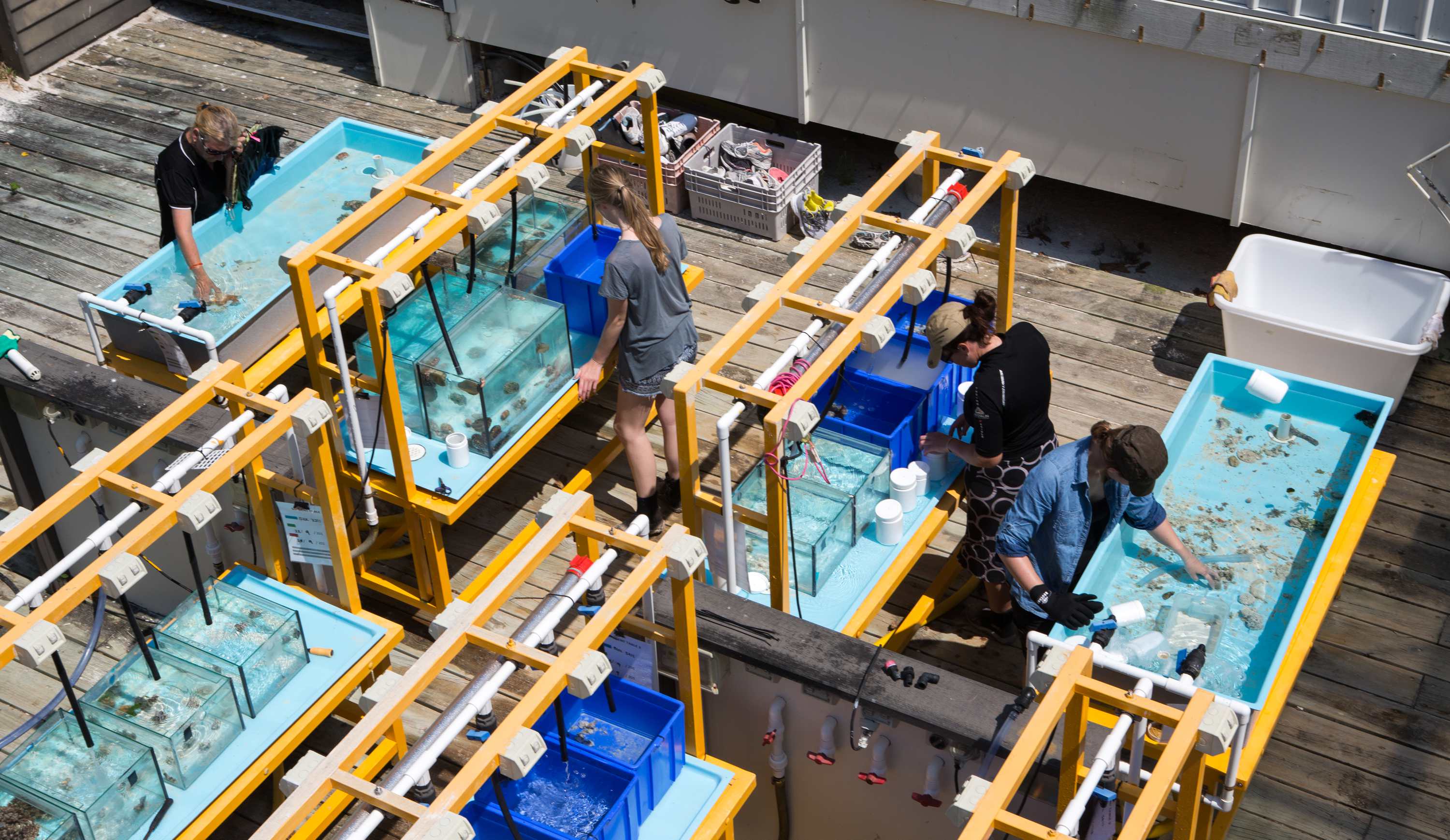
Image Source: Google
Marine science is a fascinating field that allows individuals to study and understand the world's oceans and marine life. If you have a passion for the marine environment and want to delve deeper into its mysteries, taking marine science courses can be a great starting point. Whether you are interested in marine biology, oceanography, or marine conservation, there are a variety of courses available for beginners looking to explore the depths of the ocean. You can navigate to Tabor Academy to get more details about the marine science course.
Why Study Marine Science?
Before diving into the details of marine science courses, let's first explore why studying marine science can be a rewarding experience:
- Gain a deeper understanding of marine ecosystems and the impact of human activities on the oceans
- Contribute to the conservation and protection of marine life and habitats
- Explore potential career opportunities in marine biology, oceanography, marine engineering, and more
- Embark on exciting field trips and research expeditions to study marine environments up close
Types of Marine Science Courses
Marine Biology
Marine biology courses focus on the study of marine organisms, their behavior, physiology, and interactions with the marine environment. These courses typically cover topics such as marine ecology, marine biodiversity, and marine conservation. Some examples of marine biology courses include:
- Introduction to Marine Biology
- Marine Ecology
- Marine Conservation Biology
- Marine Mammal Biology
Oceanography
Oceanography courses delve into the physical, chemical, biological, and geological aspects of the oceans. Students learn about ocean currents, marine geology, ocean chemistry, and the role of oceans in the global climate system. Some examples of oceanography courses include:
- Introduction to Oceanography
- Physical Oceanography
- Chemical Oceanography
- Biological Oceanography
Marine Conservation
Marine conservation courses focus on the protection and sustainable management of marine resources and ecosystems. Students learn about marine policy, marine protected areas, marine pollution, and strategies for marine conservation. Some examples of marine conservation courses include:
- Marine Policy and Governance
- Marine Protected Areas Management
- Marine Pollution and Remediation
- Marine Conservation Strategies
Where to Study Marine Science
There are numerous institutions around the world that offer marine science courses for beginners. Whether you prefer to study in a coastal location or are looking for online options, you can find a variety of programs to suit your needs. Some renowned institutions offering marine science courses include:
- University of California, San Diego
- University of Miami
- James Cook University, Australia
- University of Southampton, UK
- Massachusetts Institute of Technology (MIT)
Practical Experience
Field Trips
Many marine science courses include field trips to marine environments to provide students with hands-on experience and practical skills. These field trips can include visits to marine labs, coastal ecosystems, and research vessels, allowing students to apply their theoretical knowledge in real-world settings.
Internships
Internships are a valuable opportunity for students to gain practical experience in marine science. Many institutions offer internship programs that allow students to work alongside researchers, conservationists, and marine biologists, gaining insight into the day-to-day work involved in marine science.
Research Projects
Engaging in research projects is an integral part of studying marine science. Students have the chance to conduct their own research, collect data, and analyze findings under the guidance of experienced researchers. Research projects help students develop critical thinking and analytical skills essential for a career in marine science.
Getting Started
If you are passionate about the ocean and marine life, taking marine science courses can be a fulfilling and enriching experience. To get started, consider the following steps:
- Research institutions and programs offering marine science courses
- Speak to current or former students to learn about their experiences
- Attend marine science events, workshops, and seminars to network with professionals in the field
- Enroll in introductory marine science courses to explore different areas of study
- Seek opportunities for practical experience through field trips, internships, and research projects
By following these steps and immersing yourself in the world of marine science, you can gain valuable knowledge and skills to pursue a fulfilling career in this field.